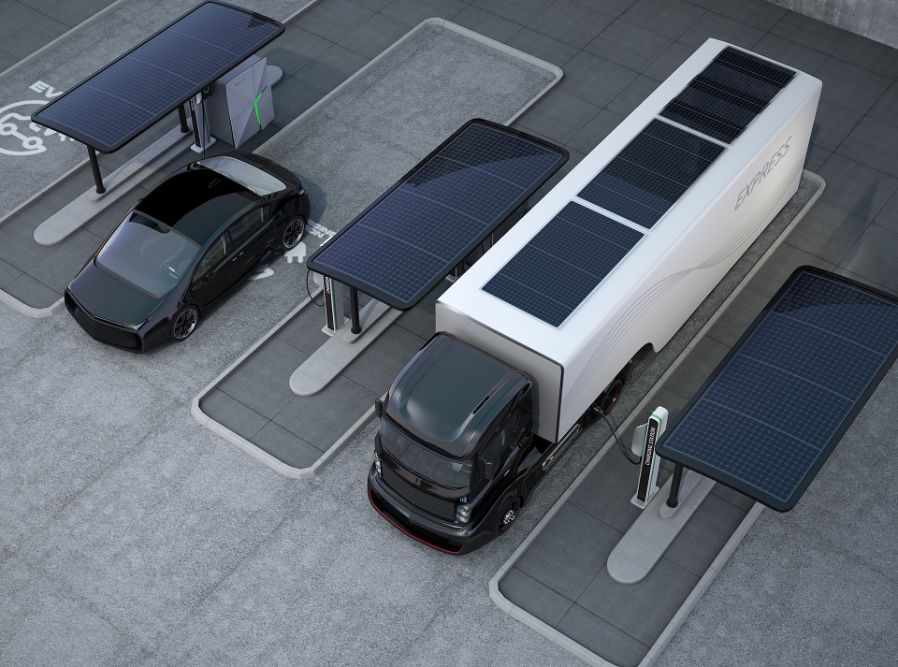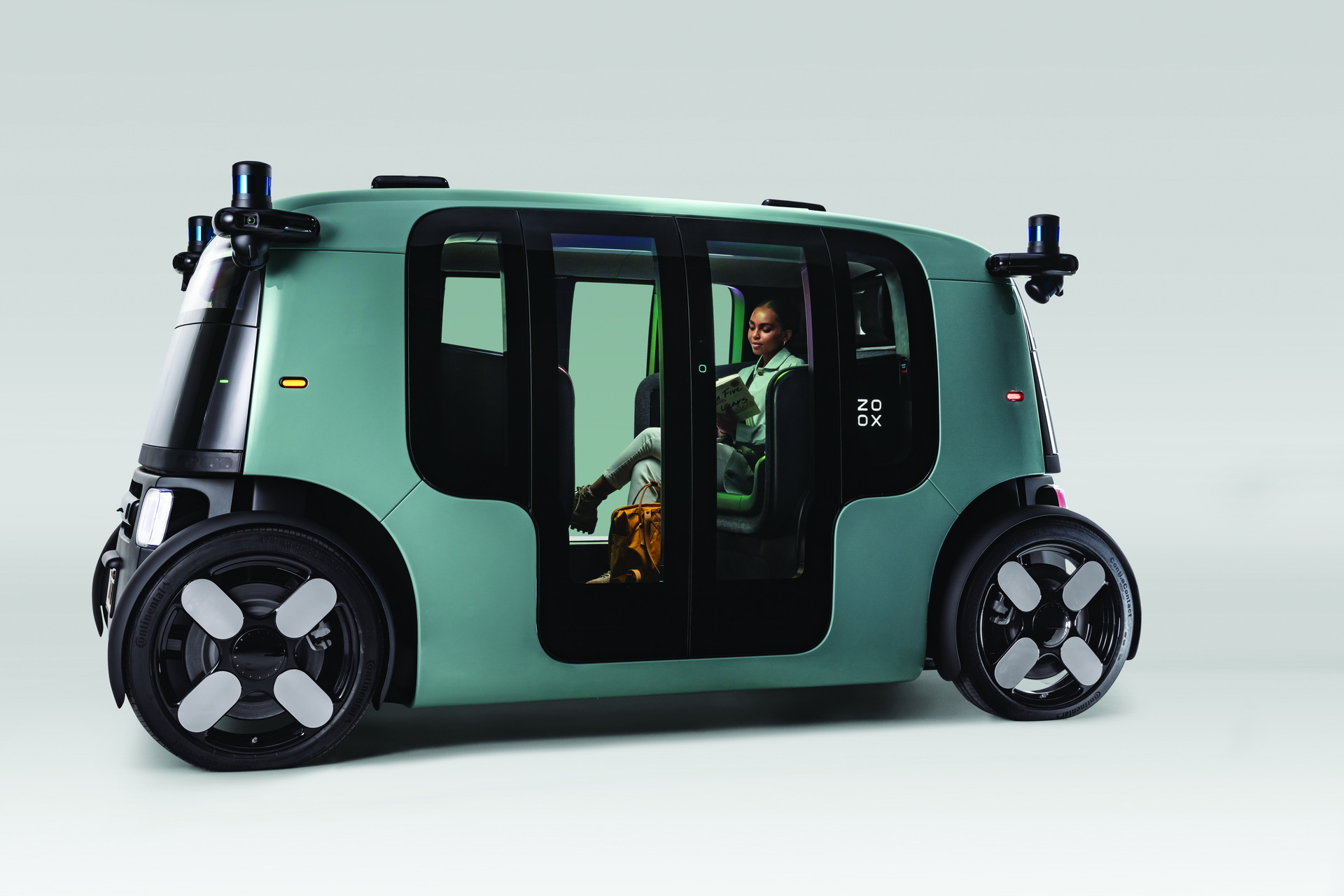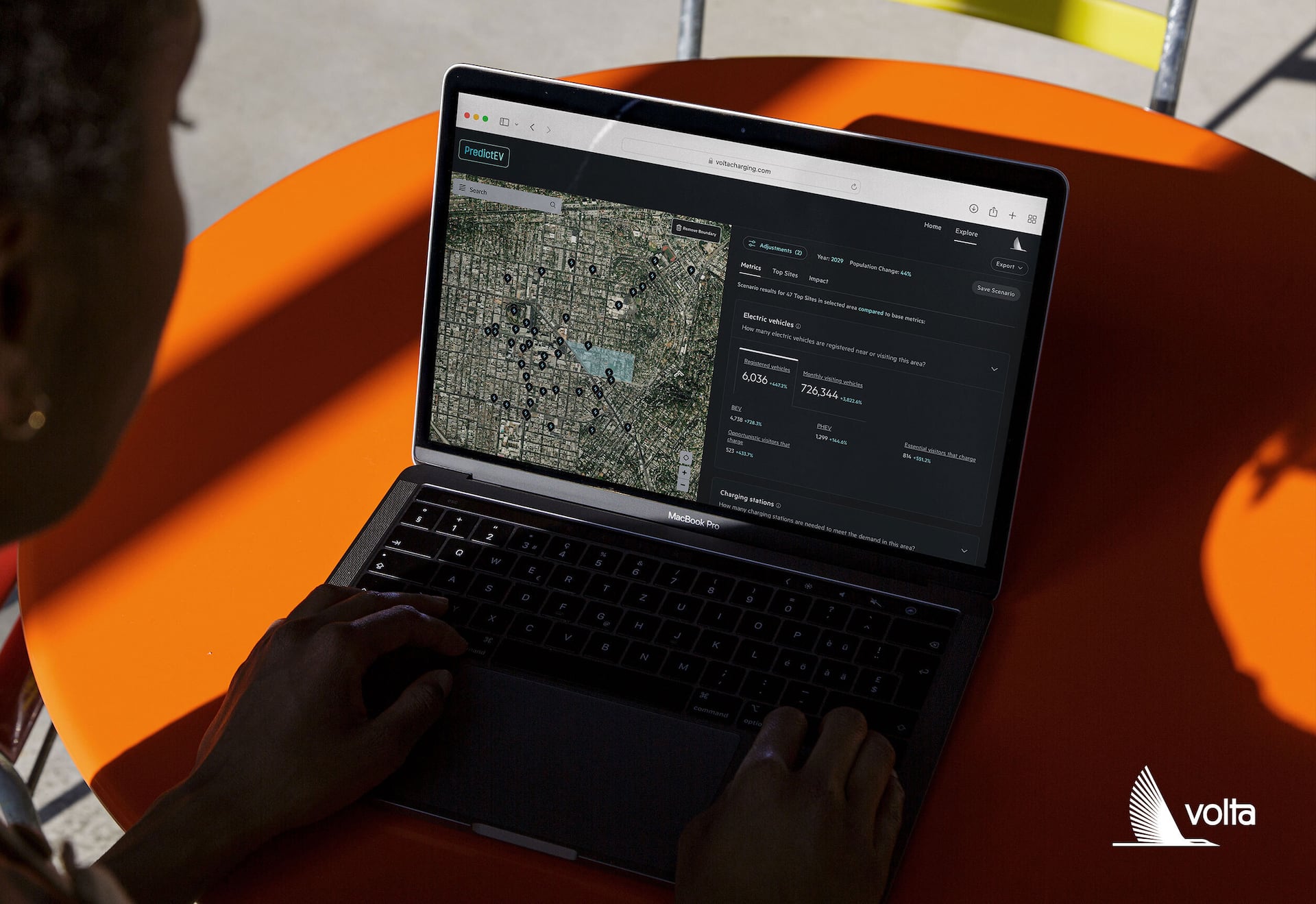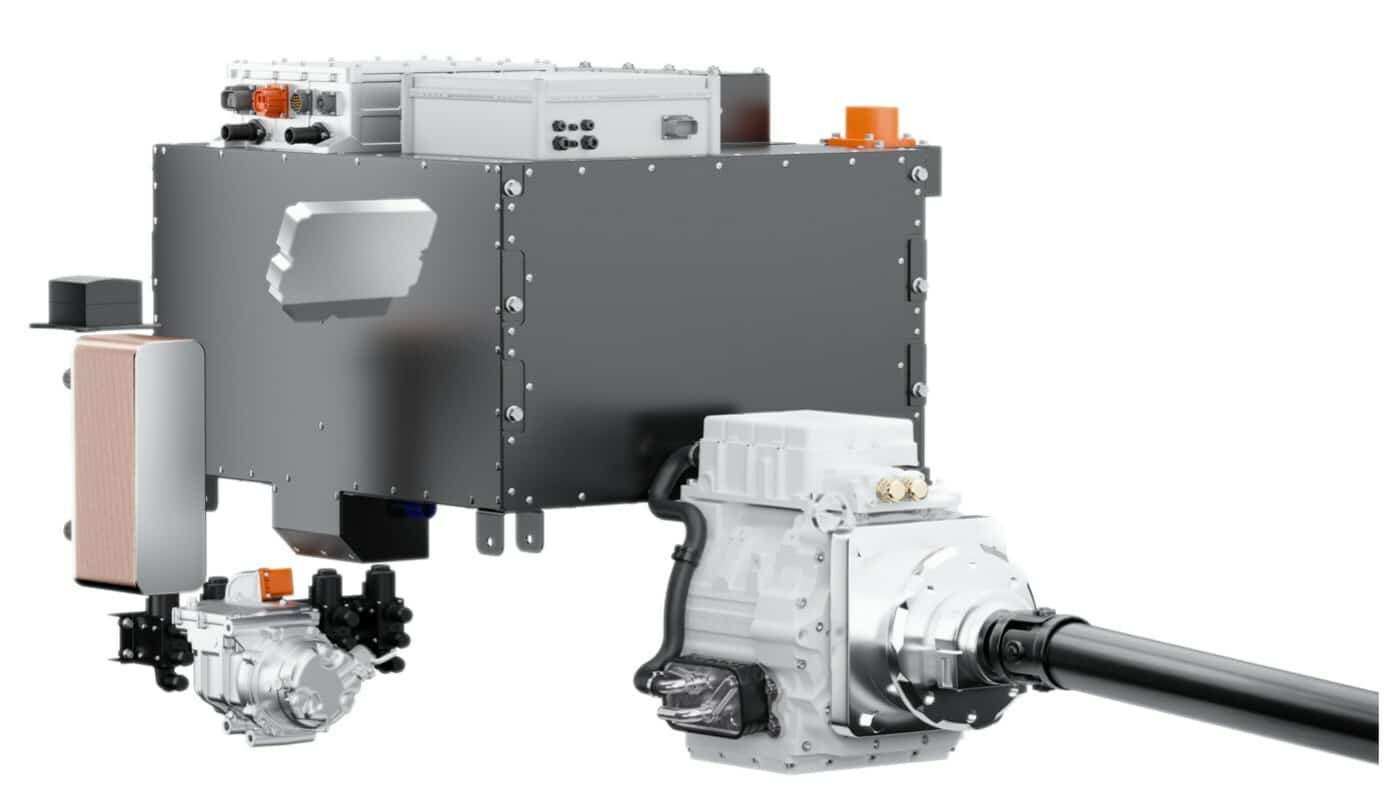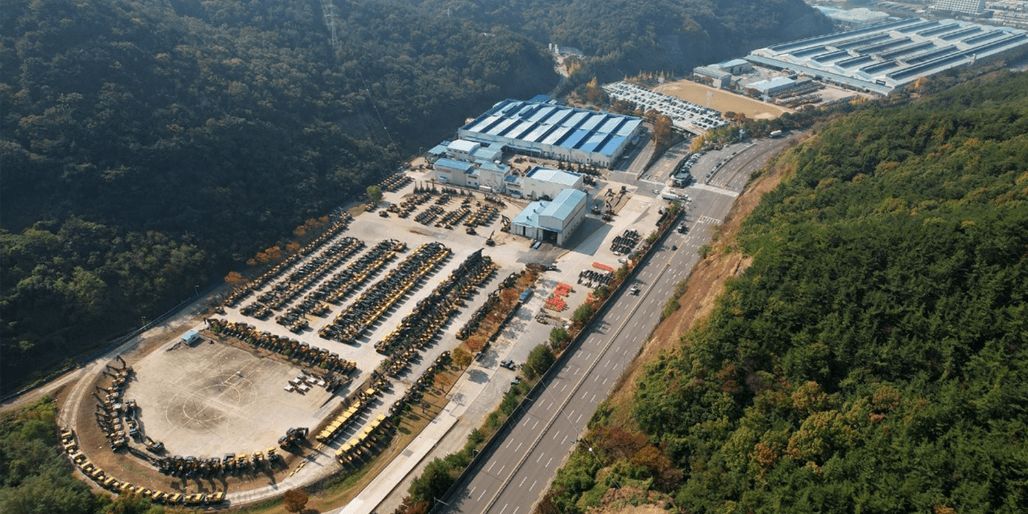Ricardo, a global environmental and engineering consulting company, has launched a project funded by the European Union to establish a single life cycle assessment (LCA) approach for zero emission vehicles (ZEV) and batteries across Europe. The project is part of the Horizon Europe Framework Programme and has received funding from UK Research and Innovation (UKRI).
Currently, there is no agreed European or international standard on vehicle life cycle assessment. This poses challenges in providing transparency and comparability of impacts from these products. To address this issue, Ricardo is leading a collaborative TranSensus LCA consortium, which includes 44 stakeholders from industry and research along the full value chain of zero emission vehicles and batteries, such as vehicle and battery manufacturers, energy providers, and recyclers. The consortium aims to develop a harmonized life cycle assessment approach for ZEVs and batteries.
Nikolas Hill, Head of Vehicle Technologies and Fuels in Ricardo’s Sustainable Transport team, highlighted the importance of life cycle assessment in sustainable product and business development. The lack of an official European standard for vehicle LCA hinders efforts to realize the benefits from life cycle assessment approaches by the transport sector. Through this project, Ricardo and its partners aim to deliver a standard, trustworthy, and consistent assessment of full vehicular environmental footprints to support organizations across the transport value chain in achieving climate neutrality.
See also: Growing Interest in Electric Vehicles in the US Despite Concerns Over Rising Price – Survey Says
In 2020, Ricardo conducted a comprehensive study of the life cycle impacts of 65 different European light- and heavy-duty vehicle types and powertrain combinations for the European Commission’s DG Climate Action. The report highlighted the positive impact of existing European Union policy in supporting the move to a more circular economy and developing a sustainable value chain for hybrid and fully electric vehicles and their batteries in reducing industrial emissions and improving resource efficiency.

